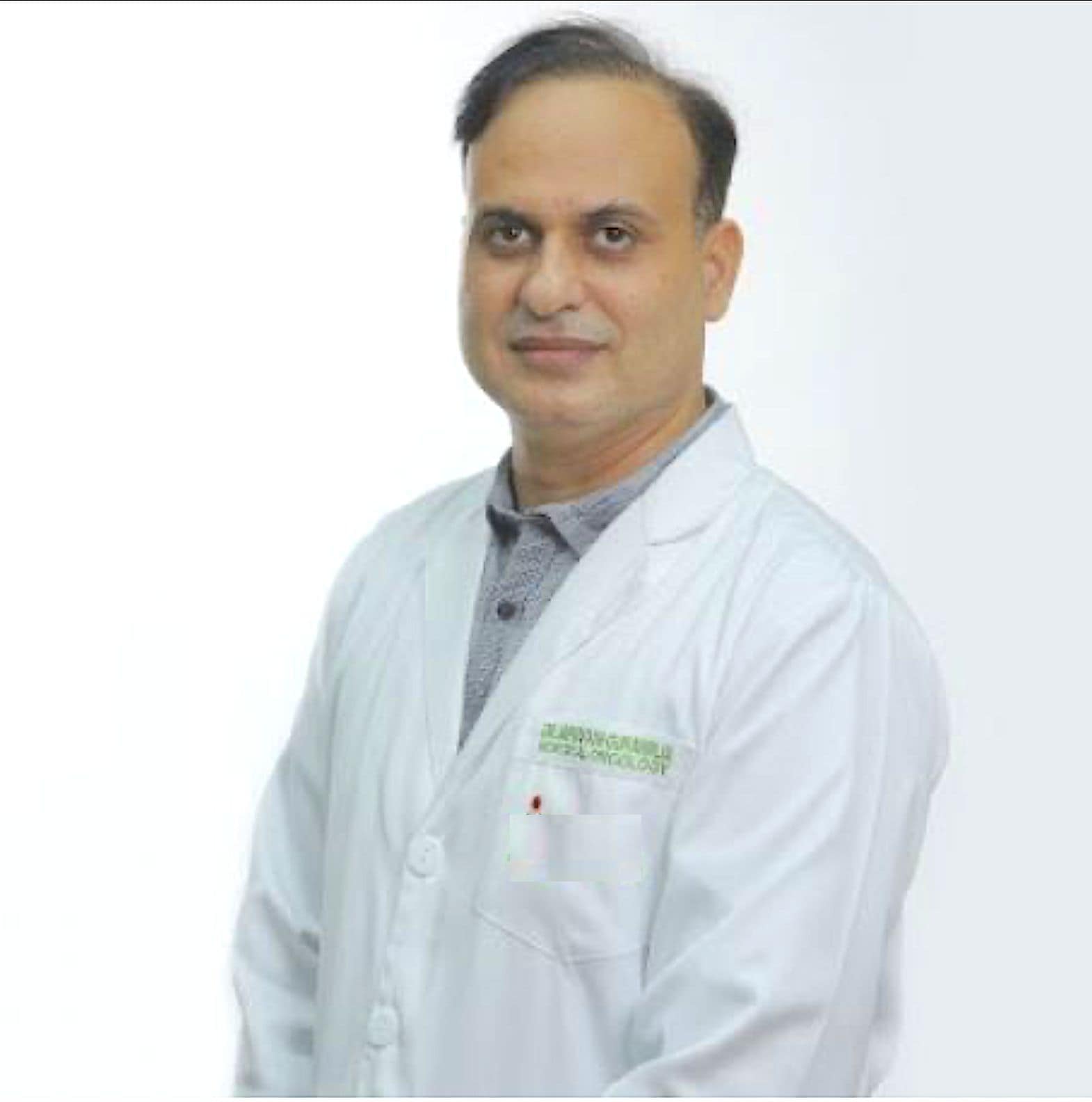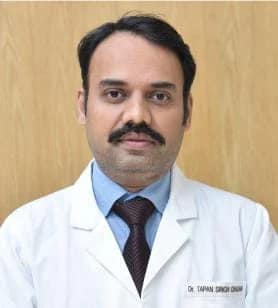Your Strength, Our Mission in Cancer Care
Overview
The Oncology Department at T.R.U.E. Hospitals delivers comprehensive cancer care with compassion and precision. Our multidisciplinary team of oncologists uses the latest diagnostic tools, targeted therapies, and personalized treatment plans to fight cancer at every stage.
Whether it’s breast cancer, lung cancer, or hematologic malignancies, we are committed to providing accurate diagnosis and innovative treatments to improve outcomes and support long-term recovery.
Conditions we treat

Head Tumor
Abnormal growths in the brain or skull region that can impair cognitive and physical function.

Neck Tumor
Masses or swellings in the neck area that affects breathing, swallowing & nerve function.
Breast Cancer
Uncontrolled cell growth in breast tissue, presenting as a lump or skin changes.

Gynaec Oncology
Tumors arising in the female reproductive organs, affecting the uterus, ovaries with subtle symptoms.
Lung Cancer
Malignant growths in the lungs that causes coughing, chest pain, and difficulty breathing.
Book Your Consultation Now
Meet Our Oncologist

Dr. Jaiprakash Guruwalia
MBBS, MS, Mch Oncosurgery

Dr. Tapan S Chauhan
MBBS, MS , Mch Oncosurgery, MRCS

Dr. Tapan Singh Chauhan
MBBS, MS, Mch

Dr. Jaiprakash Guruwalia
MBBS, MS, Mch
Why Should You Consult with a Oncologist?
Early consultation with an oncologist is crucial when facing symptoms or a diagnosis related to cancer. Oncologists specialize in identifying the type and stage of cancer and creating personalized treatment plans that may include chemotherapy, radiation, immunotherapy, or surgery. Prompt evaluation improves outcomes, helps manage symptoms, and offers the best chance for recovery.
Treatments provided by Top Oncologists in T.R.U.E. Hospitals
At T.R.U.E. Hospital, our Oncology Department is led by some of the top oncologists in Gurgaon. We offer advanced cancer diagnostics and evidence-based treatments, tailored to each patient’s unique condition. From head and neck tumors to breast and lung cancers, our team combines clinical expertise with compassionate care to guide you every step of the way toward recovery.
Chemotherapy - Chemotherapy uses powerful drugs to kill fast-growing cancer cells throughout the body.
It is often given in cycles and may be used alone or with other treatments like surgery or radiation.
While effective, it may cause side effects like fatigue, hair loss, and nausea, which are managed with supportive care
Radiation Therapy- It uses high-energy beams (like X-rays) to target and destroy cancer cells.
It can be delivered externally or internally, depending on the cancer type and location.
This treatment is precise and often used to shrink tumors before surgery or eliminate remaining cancer cells after surgery.
Surgery
Surgical oncology involves removing tumors and surrounding tissue to eliminate cancer from the body.
It is a common treatment for solid tumors like those in the breast, lungs, or abdomen.
Surgery may be curative, preventive, or diagnostic, depending on the case.
Hormone Therapy - It slows or stops the growth of cancers that rely on hormones, such as breast or prostate cancer.
It works by blocking hormone receptors or reducing hormone production in the body.
Often used in combination with other treatments to improve outcomes and reduce recurrence.
When Should You Visit an Oncologist Doctor?
You should consult an oncologist if you:
• Have a confirmed cancer diagnosis from tests or a biopsy.
• Notice warning signs such as unexplained weight loss, lumps, persistent pain, bleeding, or chronic fatigue.
• Receive abnormal screening results (e.g., mammogram, Pap smear, CT scan, or blood tests).
• Have a family history of cancer, especially if it’s hereditary (like BRCA mutations in breast cancer).
• Need a second opinion about cancer treatment options or diagnosis.
• Are undergoing cancer treatment and need specialized care or a personalized treatment plan.
Early consultation with an oncologist can lead to faster diagnosis, more treatment options, and better outcomes.

Don’t Hesitate To
Contact Us
In urgent situations, you can count on us. Learn more about our emergency services and the specialized care we provide around the clock.

Call Us - 9220472227
FAQ About Oncology
When should I see an oncologist?
You should see an oncologist if you’ve been diagnosed with cancer or have symptoms that may indicate cancer, such as unexplained lumps, chronic fatigue, sudden weight loss, or abnormal test results.
What are the main cancer treatment options?
The most common cancer treatments include chemotherapy, radiation therapy, surgery, immunotherapy, hormone therapy, targeted therapy, and stem cell transplants. The treatment plan depends on the type and stage of cancer.
Are cancer treatments painful or risky?
Cancer treatments may have side effects, but they are managed with supportive care. Pain is controlled with medications, and the benefits of treatment usually outweigh the risks when carefully planned by an oncologist.
How do oncologists personalize treatment plans?
Oncologists consider factors like cancer type, stage, genetic markers, patient health, and preferences. Modern cancer care is highly personalized to ensure the most effective and least invasive approach.
What support is available during cancer treatment at T.R.U.E Hospitals?
T.R.U.E. Hospital offers emotional, nutritional, and palliative support alongside medical treatment. Patients also receive counseling and guidance to help them and their families cope throughout the cancer journey.


